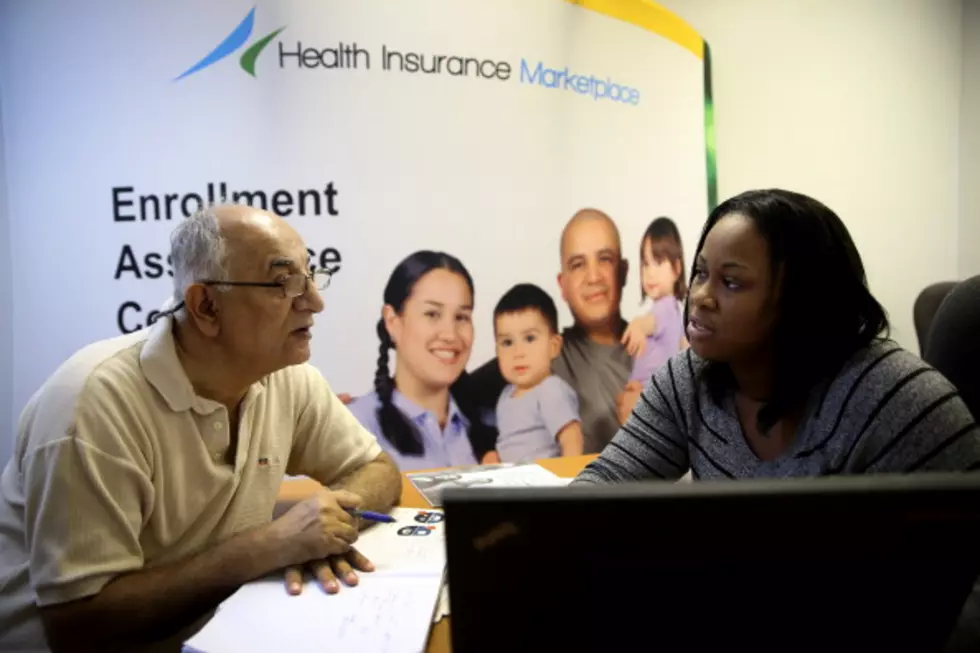
Heating, Cooling Bill Assistance on the Way for Low-Income Kentucky Households
It's been a rough couple of months for Kentucky households, beginning with a raging storm in early December that sent multiple deadly tornadoes ripping across the Commonwealth.
ENERGY EXPENSE ASSISTANCE
That couldn't have made looking ahead to the coming winter weather a comforting experience, and now here we are, coming out of a January that saw more winter weather advisories--including a winter storm warning--than we've seen in a while. And now, as I write this, we are frequently checking forecasts hoping for any news that would indicate the next big winter weather event--western Kentucky and southern Indiana are currently under a winter storm watch--won't be as intense as some forecast models are predicting.
But it's not just lousy winter weather that new federal funding aimed at helping low-income Kentuckians is targeting. It's also high cooling bills. We all know that in some cases, thanks to how much energy air conditioners expend, summer is more expensive than winter.
LOW-INCOME HOME ENERGY ASSISTANCE PROGRAM (LIHEAP)
With that in mind, help is on the way for low-income Kentucky households not looking forward to potentially crippling heating and cooling bills. According to Governor Andy Beshear, that help will come in the form of the first installment of a five-year investment--totaling half a billion dollars--in the Low-Income Home Energy Assistance Program (LIHEAP). The first installment is more than $1.5 million.
LIHEAP NOT JUST FOR ENERGY BILLS
In a press release issued by the Cabinet for Health and Family Services, CHFS Secretary Eric Friedlander added that this funding is for more than just heating and cooling expenses, noting that crisis assistance and weatherization are also part of the program, as well other vital services.
If you're a Kentucky resident and would like to apply for assistance through LIHEAP, head to chfs.ky.gov. The phone number is 1-866-674-6327.
The Kentucky Low-Income Home Energy Assistance Program is managed by the U.S. Department of Health and Human Services.
LOOK: Here are 25 ways you could start saving money today
TIPS: Here's how you can prepare for power outages
Stock Up on These Winter Essentials Before It Snows
More From WBKR-FM








![Furniture Store Loses $7 Million in Risky Promotion After Seahawks Super Bowl Win [VIDEO]](http://townsquare.media/site/758/files/2014/02/Seahawks.jpg?w=980&q=75)
